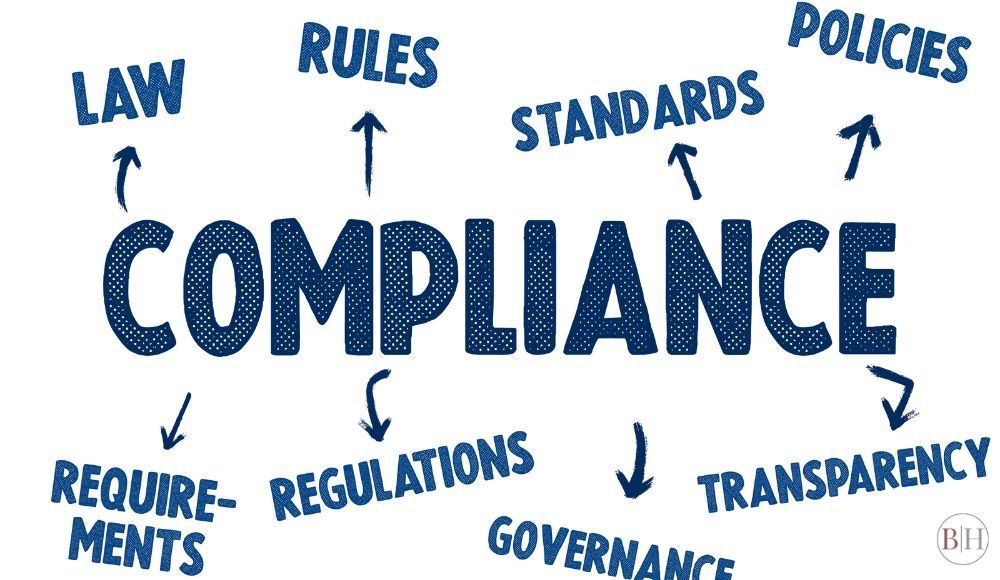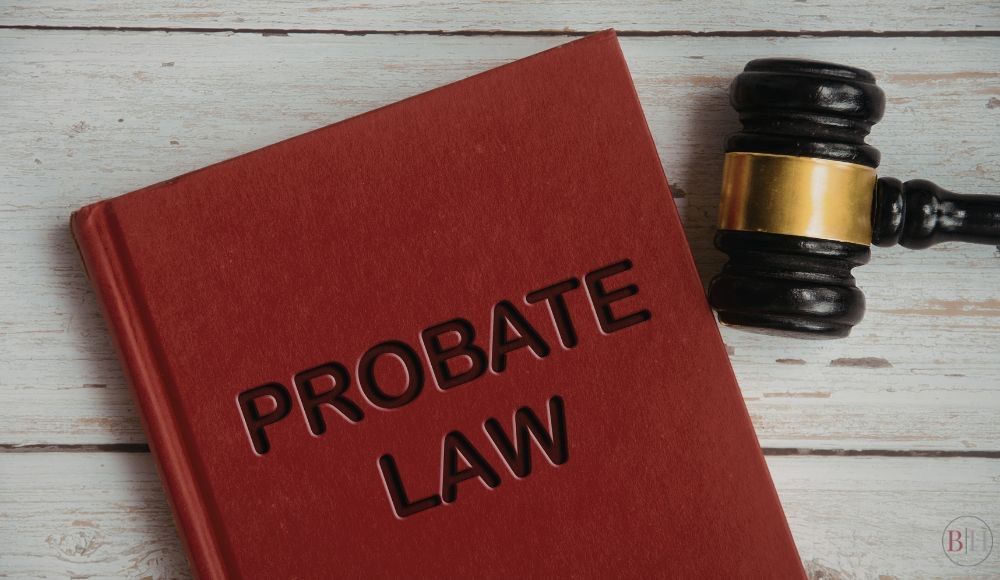The Individuals with Disabilities Education Act (IDEA) is the federal special education statute that was enacted to ensure that every child in the U.S. – including those with disabilities – has access to free public education that fits their needs; however, there are still times parents need to fight for that access, and the
Special Education Law
attorneys at Bingaman Hess can become a parent’s greatest ally in that fight.
Here’s what parents need to know about IDEA to obtain the best outcome for their child.
According to the
National Center for Education Statistics, approximately 14% of all public school students received special education services in the 2017/2018 school year.
The IDEA is designed to ensure that children with disabilities (from birth through high school graduation or until they turn 21) receive a Free Appropriate Public Education (FAPE). This is accomplished by mandating that schools find students who may have disabilities and evaluate those students at no cost to their families. If it is determined that a student has a disability, the school must provide special education and related services that meet those students’ needs and allow them to progress in school.
States cannot contradict IDEA or provide less than the law requires, but they can interpret IDEA rules and pass their own requirements.
The Evaluation The first step to accessing services under IDEA is the evaluation. Either the school or the parent or guardian can request an evaluation, but a parent or guardian must give their consent for the assessment.
Whether your child is homeschooled or attends public or private school, you have the option of a free evaluation by the school district or a private evaluation that you pay for. The assessment is performed by a team of professionals – such as psychologists, special educators, and vision or hearing specialists.
The evaluation looks at all areas of the suspected disability, such as vision, hearing, self-help skills, social-emotional health, and academic performance. The evaluation will determine if your child is eligible for special education services.
An Evaluation should not be confused with a Functional Behavior Assessment, which looks for behavioral issues. A functional behavior assessment may be part of an evaluation.
The Individualized Education Program or Plan (IEP)
If the evaluation determines that your child is eligible for special education services, an IEP is created by the team of professionals who performed the evaluation. The IEP is designed to address each student’s individual needs and lists the specific type of help and services the child will receive to reach his or her full potential.
The IEP Meetings
Your next step is an IEP meeting to review the IEP, map out the plan, goals, services, and support, and make adjustments to the plan if necessary. The first IEP meeting launches your child’s special education program, and subsequent meetings assess your child’s progress and if services need to be adjusted. You will attend IEP meetings once a year for as long as the IEP is in place.
IDEA is designed to give parents and legal guardians a say in the decisions made regarding their child’s education. Therefore, if you do not agree with the evaluation or the IEP, there are steps you can take.
- As part of the IEP team, you can call an IEP team meeting to discuss their concerns.
- You can ask for mediation where a neutral third-party helps to work out a legally binding solution.
- If you believe there is a violation of IDEA, you can file a complaint for a Due Process Hearing.
- If you do not win the due process hearing, you can file a civil lawsuit in federal court.
- Another option if you believe there is a violation of IDEA is to file a State Complaint, which is a letter to the state department of education requesting an investigation.










